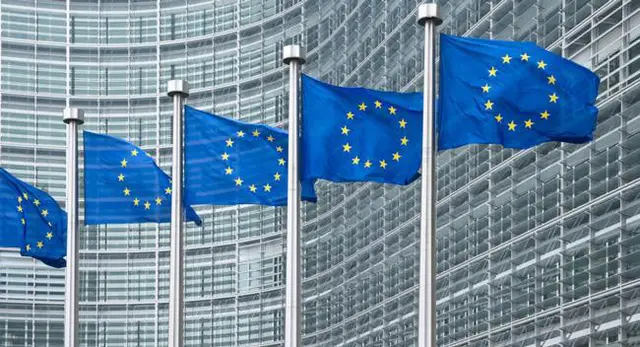South Korea and China had completed first-stage negotiations on the bilateral free trade agreement ( FTA), setting foundations for more in-depth talks over mutual opening and liberalization, South Korea's trade ministry said Friday. "Both sides wrapped up the first-phase negotiations for the Sino-Korea FTA by agreeing on the modality (or basic guidelines)," Woo Tae-hee, South Korea's assistant trade minister and a chief negotiator for the FTA with China, told a press briefing.
South Korea and China held the seventh round of first-stage FTA negotiations in Beijing for three days through Thursday. The two countries started such talks in May last year.
Woo noted that the first-stage talks set the foundation for the upcoming second-phase negotiations, which will discuss items allowed to be liberalized by lowering or removing tariff barriers.
FTA talks tend to start item-by-item negotiations directly, but the Sino-Korea FTA talks divided it into two phases given concerns over protection of the agricultural sector in South Korea and of the manufacturing sector in China, the Ministry of Trade, Industry and Energy (MOTIE) said in a statement.
The first-stage talks agreed on basic guidelines for four areas, including products, service/investment, regulations and economic cooperation.
On the product front, the two countries agreed to abolish tariffs within a certain period of time on 90 percent of all products in terms of the number of items, and on 85 percent of imports in terms of their monetary value.
Tariffs on normal items will be removed immediately or within 10 years after the implementation of the FTA, while those on sensitive products will be abolished within 10-20 years after the deal takes effect.
Highly sensitive items, which will be excluded from tariff removal, took up 10 percent of the total in the first-stage talks, but the two countries agreed to lower the "reference number" during the second-phase negotiations, the ministry said.
Meanwhile, the agreement on discussing offshore processing area was viewed as a great achievement of the talks, which was expected to help develop the Kaesong industrial complex into an international factory park.
Preferential tariffs are applied solely on products manufactured in territories of countries who signed the FTA, but the agreement on the offshore processing area would widen the advantage to offshore regions agreed upon. "Seoul and Beijing agreed to discuss the offshore processing area in the upcoming talks. The offshore area within the Korean Peninsula, which is the Kaesong industrial complex, will be included in the discussion," an official at the trade ministry told Xinhua.
If the bilateral free trade deal is implemented, products made by South Korean companies in factories in Kaesong would be subject to preferential tariffs when they are exported to China. " Regarding the Kaesong industrial zone, China assessed it very positively. From the beginning of the FTA talks, we discussed the area, and reconfirmed it at the latest negotiations," said Woo.
The two countries expanded areas subject to the second-stage negotiations to non-tariff barriers, origins, customs, trade remedy, sanitary and phyto-sanitary (SPS), and technical barriers to trade (TBT).
In the service/investment area, Seoul and Beijing agreed to seek a high level of deal, while reaching an agreement to include regulations such as intellectual property rights, environment and e-commerce in the second-phase agenda.
Economic cooperation, including government procurement and cooperation in industry and agricultural sectors, will be included in the second-stage negotiations.
China is South Korea's No.1 trading partner, with Seoul's exports to Beijing accounting for a quarter of the total in 2012.
Since the two neighbors established diplomatic ties in 1992, their annual trade has grown almost 50 times and reached 256 billion U.S. dollars in 2012.
 简体中文
简体中文

